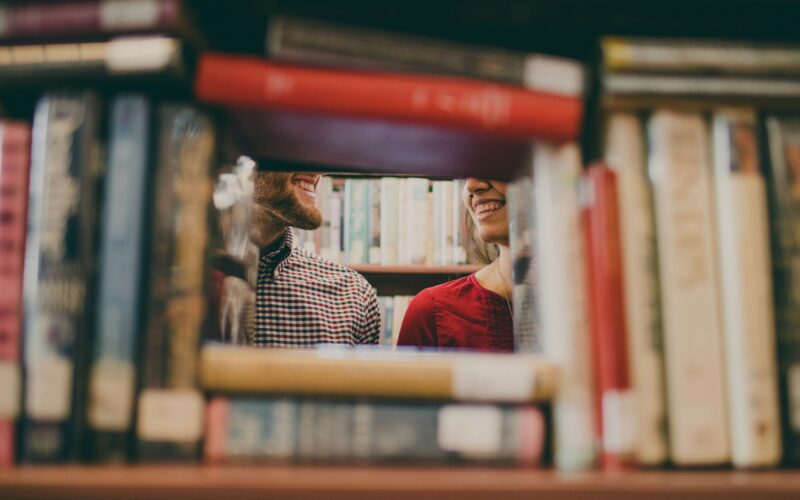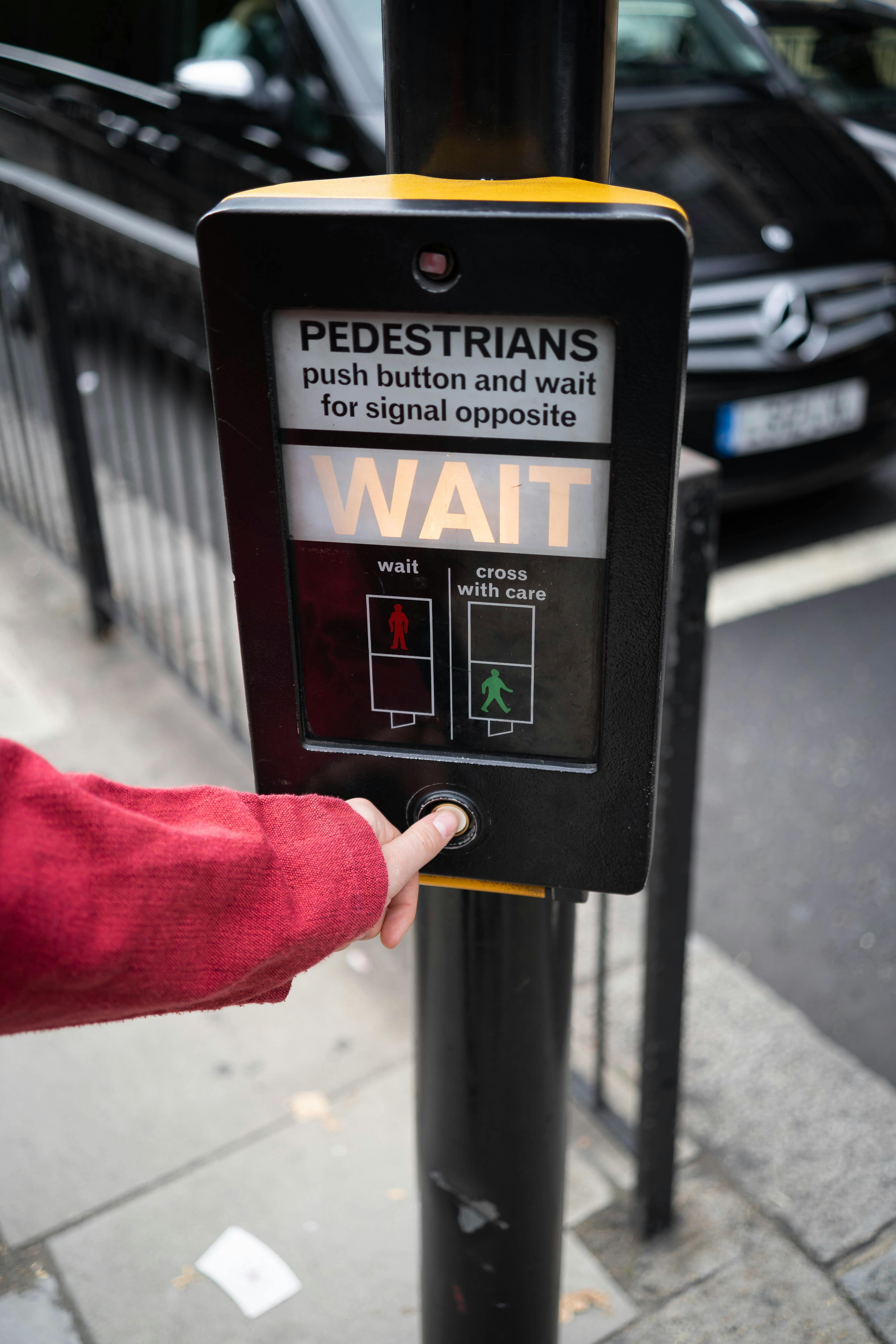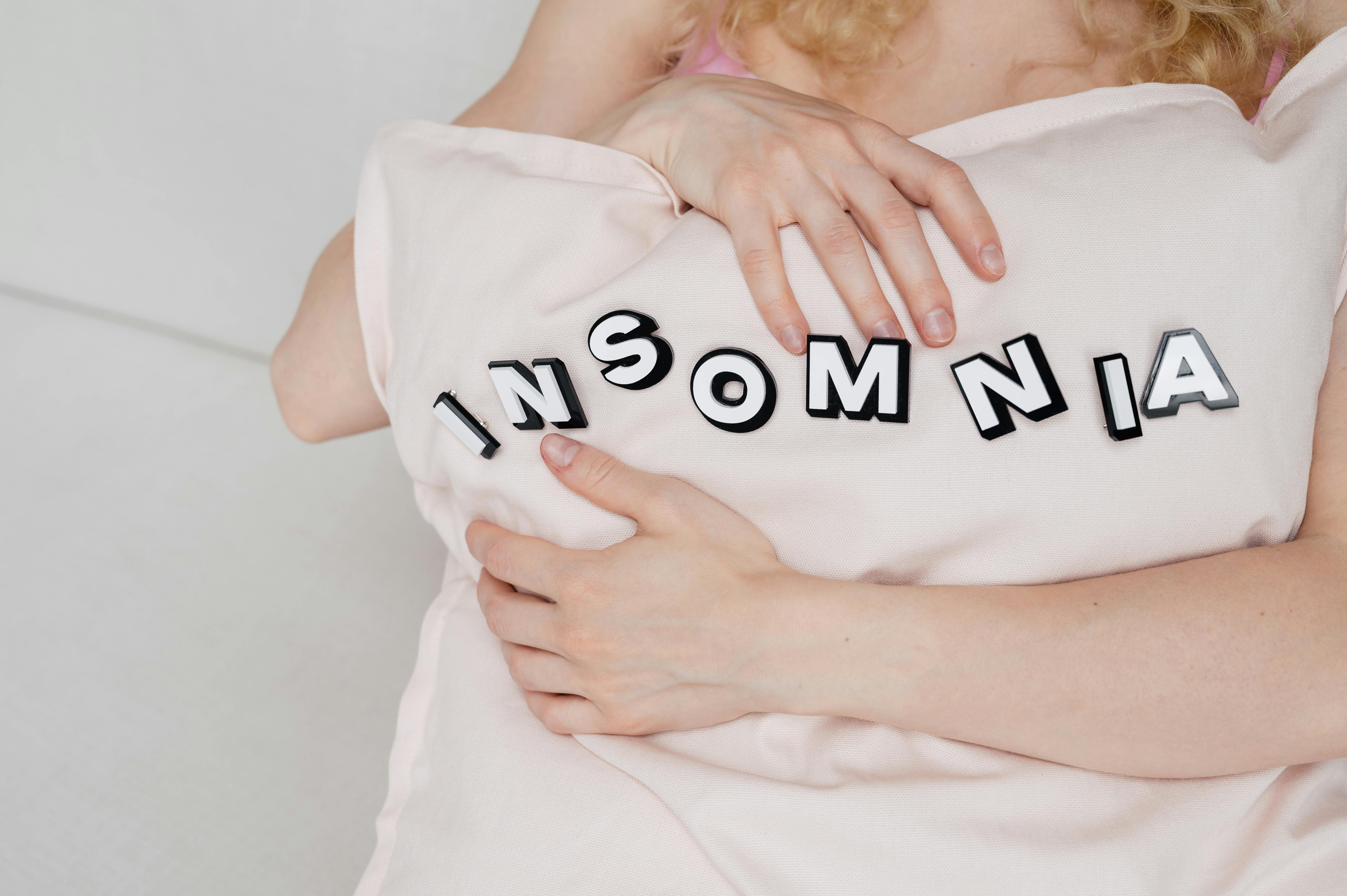By: Dr. Darren Harris-Fain, Guest Columnist
As a lifelong reader and user of libraries, I’m both saddened and appalled by recent challenges to library collections and to librarians themselves, including in my adopted home of Prattville. Both history and my professional life as a literary scholar, who has taught and written about novels like George Orwell’s Nineteen Eighty-Four (1949) and Ray Bradbury’s Fahrenheit 451 (1953), lead me to agree with the saying that those who would ban or even destroy books are never the good guys.

Partly this belief is personal: without libraries, I might not be where I am today. Like many AUM students, I was the first in my family to attend college, and libraries helped me get there. I come from a working-class family in Appalachian Ohio; my father had an eighth-grade education. We once relied on food stamps, and money was always tight. Although I attended underfunded public schools, libraries came to my rescue: the school library, the public library, and even a library service in southeast Ohio that mailed books to people in rural communities. These libraries complemented the education I received from dedicated teachers and helped prepare me for college, where university libraries further expanded my reading options. Eventually I earned an undergraduate degree in philosophy and religion and graduate degrees in English, and for nearly thirty years I’ve taught thousands of students much like I was: figuring out how to afford college year by year, often relying on financial aid and taking advantage of every free resource available—including libraries.
In addition to helping me further my education beyond high school, libraries also helped me achieve another dream: getting on Jeopardy! (challenging enough—check out past online tests on YouTube) and becoming a Jeopardy! champion, which I did over three games in 2015. Host Alex Trebek said I did well on the show thanks to a good education, but I also have to credit libraries with fueling my curiosity and supporting my reading habit.
Well, so what, Professor? Some might say that my positive feelings about libraries are fine, but what about the kids? Many parents and certain groups have claimed libraries have no business buying books whose content doesn’t align with their values. As a parent myself, I understand the desire not to expose children to things you dislike. When our daughter was young, my wife and I visited the library with her regularly, and if she had found a book we considered inappropriate, we could have steered her in a different direction. Not that we saw many inappropriate books in the children’s section, for which I credit the librarians who purchased them.
Yet some parents and groups think librarians are out to indoctrinate their children with books that teach concepts and values diametrically opposed to their own. However, I don’t think this is true. Are there children’s books (about topics like gender and sexuality, for instance) that some parents won’t like? Sure. But others—perhaps those lacking the income to buy a lot of books, like my own parents—are dying to find age-appropriate books that can help their children understand things that (whether some like it or not) are part of the world children experience. It’s not that librarians (and I’ve known many: several of my former students have become librarians, and one sister-in-law is a library branch manager) strive to shape the thoughts of children whose parents may have other views, but that they’re trying to meet the needs of all parents and all children.
This is what the word “public” in “public library” means, after all. Just like public schools serve all the public, public libraries are intended for everyone in the diverse communities they serve. Some might say residents’ tax dollars shouldn’t be used to purchase books they consider objectionable, but should the views of a small group determine what is available to everyone? If you don’t like a book, don’t check it out, but don’t make it so that no one can.
America prides itself on being a free society, but the price of freedom means that some people are going to do or say things we might disagree with. Brooklyn librarian Jo Godwin once said, “A truly great library contains something in it to offend everyone.” One could say that the same is true of a great society, where people are free to say—and read—whatever they wish. My own wish is that libraries can pursue their missions without worrying about those who would ban the books that someone can benefit from.





Couldn’t have said it better myself! From one transplanted Buckeye in Prattville to another.